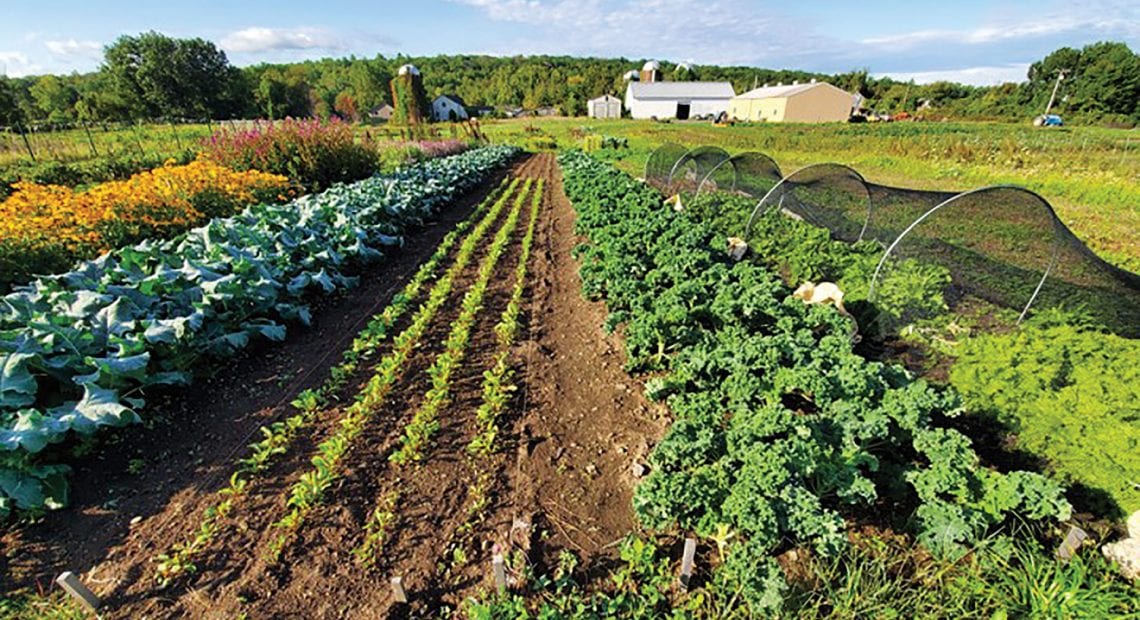
Keep Supporting Local Farms
Opinion
By Philip Korman
The widespread flooding that hit our region in mid-July illuminates many truths: the vulnerability of many local farms, the hard reality of climate change, and the amazing response that is possible when the community, nonprofit and foundation partners, and government all step up and work together.
Current estimates are that more than 100 local farms were affected by the floods and that they lost a combined $15 million in crops — but long-term effects are still being counted. The flooding came on the heels of two freezes that damaged peach, blueberry, and apple crops, and was followed by continued heavy rains that deluged even non-flooded fields. As our climate changes, these extreme weather events will become more common.
The response — from the generosity of individual donors to the speed with which our state government has acted — has been stunning. The governor signed a supplemental budget that includes $20 million in disaster relief to cover crop losses. The Emergency Farm Fund at Community Involved in Sustaining Agriculture (CISA) is offering no-interest loans up to $25,000 to affected farms, and a recent disaster declaration will make low-interest federal loans available too.
What is missing is money to cover all the other losses that farms have suffered, including the destruction of property and equipment. The new Massachusetts Farm Resiliency Fund can help fill this gap, and it has set an ambitious fundraising goal of $5 million to quickly get grants to farms.
Farmers are resilient, and they are adapting to their new reality — but they will need continued support and a robust emergency-response system as the climate changes. You can support them, as always, by buying local, and you can help build up the Massachusetts Farm Resiliency Fund now so it’s there in the future. Learn more at buylocalfood.org/helpfloodedfarms.
Philip Korman is executive director of Community Involved in Sustaining Agriculture.




